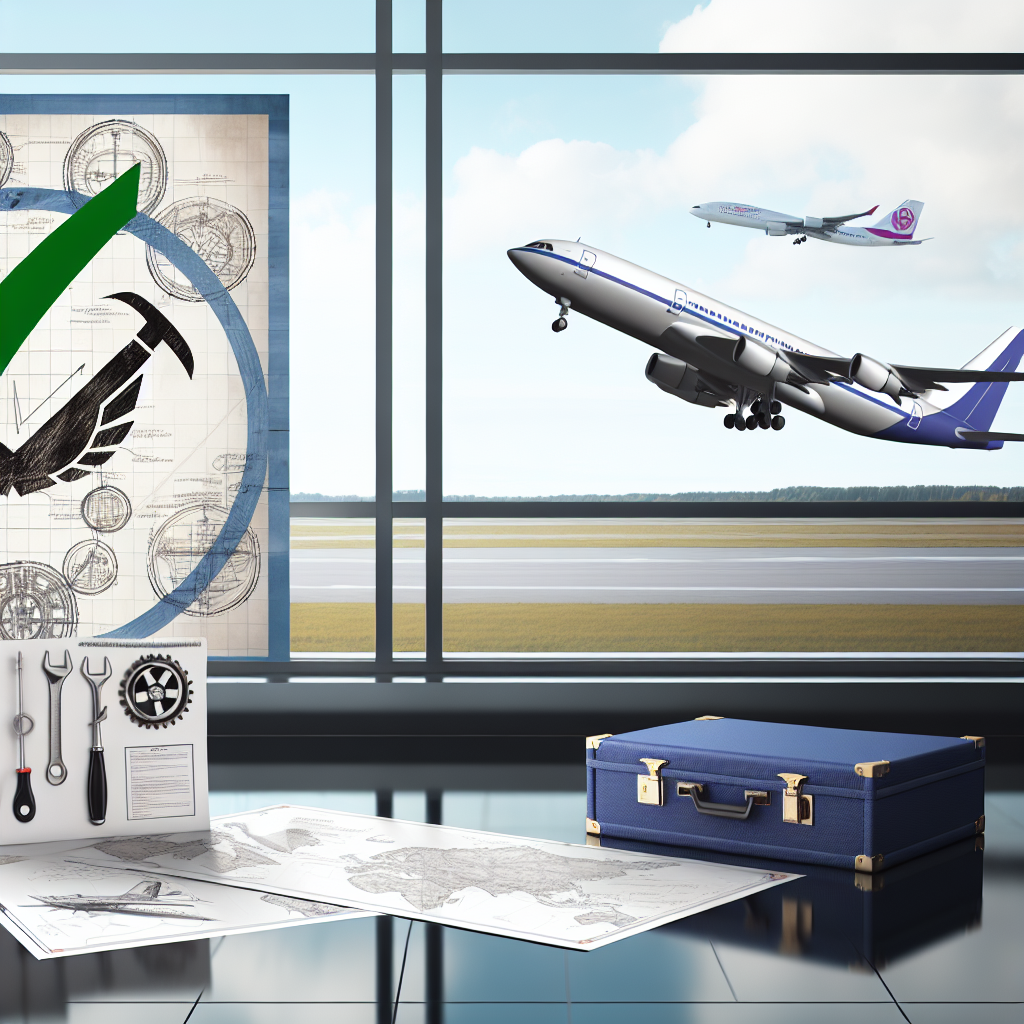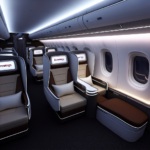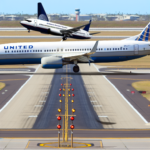DALLAS- Southwest Airlines (WN) CEO Bob Jordan discusses notable strategic changes aimed at enhancing profitability and customer satisfaction in a recent interview with IATA. With initiatives such as assigned seating and global partnerships, Southwest is adapting to the needs of modern travelers while preserving operational efficiency.
Based at Dallas Love Field Airport (DAL), the airline is addressing industry challenges, including supply chain issues and sustainability targets, backed by faith in Boeing’s advancements and a commitment to modernization.

Southwest Airlines (WN) is in the midst of an important strategic transformation while maintaining its core strengths.
The company boasts a highly efficient domestic network, effective cost control, and exceptional service driven by its employees. CEO Bob Jordan spoke about the financial pressures the airline faces, particularly in light of its historically strong profitability.
To navigate these pressures, the airline is considering alternative revenue sources that have been long utilized by competitors, such as baggage fees and various seating options.
One prominent shift is the implementation of assigned seating, which represents a major departure from the airline’s traditional open seating model.
Jordan explained that this decision is in line with contemporary passenger expectations, as Southwest seeks to provide more tailored services and travel experiences, recognizing that travelers have diverse motivations and increasingly demand flexibility.
As part of its new direction, Southwest aims to enhance its international connectivity.
In collaboration with Icelandair, customers can book seamless transatlantic trips linking Southwest’s U.S. cities, including Baltimore (BWI), Denver (DEN), and Nashville (BNA), with European destinations available through Icelandair.
Further expansion is expected as the airline strives to create a more globally interconnected route network.
Faith in Boeing
While the entire fleet of Southwest consists of Boeing 737 aircraft, Jordan addressed concerns related to supplier risk head-on.
He expressed faith in Boeing’s recent advancements, highlighting visible improvements in their manufacturing processes and enhanced relationships with floor leadership.
Despite previous supply chain challenges, Jordan is optimistic that Boeing is now on a more stable trajectory and will honor Southwest’s future aircraft orders.
Dedication to Modernization
Jordan praised governmental initiatives aimed at modernizing U.S. airspace infrastructure, describing current systems as outdated and limiting.
He emphasized that no industry can develop efficiently with decades-old technology.
Encouragingly, the current administration’s commitment to airspace reform, along with dedicated funding and leadership, is viewed as a crucial step forward.
Another area of focus is regulatory collaboration. While consumer protection remains critical, Jordan supports balanced regulations that serve the interests of both travelers and businesses.
He believes that constructive engagement between the Department of Transportation and airlines can lead to positive outcomes for all parties involved.
Operational Efficiency
Southwest is prioritizing sustainability, with an explicit strategy to incorporate more Sustainable Aviation Fuel (SAF).
The airline supports government incentives to enhance SAF production as the current cost—three times that of traditional fuel—remains a significant obstacle.
While airlines are eager to implement SAF, producers require long-term guarantees to justify the capital investment needed for development.
In addition to SAF, the transition to an all-Boeing 737 MAX fleet is central to its emissions reduction strategy.
These modern aircraft provide major advancements in fuel efficiency. Augmenting the fleet upgrade are AI-driven innovations that optimize ground routing, gate assignments, and aircraft turnaround times, significantly improving operational efficiency and minimizing carbon emissions.
Exploring Industry Opportunities
Southwest is embracing new retail models like Offers and Orders, which center around understanding customer needs rather than relying on outdated sales approaches.
This evolution allows the airline to meet passenger expectations with improved clarity and adaptability.
Amidst wider industry dynamics, Jordan identifies both hurdles and opportunities, from persistent supply chain challenges to economic fluctuations.
Nevertheless, he remains hopeful, citing the aviation industry’s resilience. Southwest is targeting $1 billion in cost savings as part of a sustained efficiency initiative, positioning itself to succeed regardless of external pressures.
Stay engaged with us for further updates, and connect on social media for the latest news.
Join us on Telegram Group for the latest aviation insights. Additionally, follow us on Google News.
Based on an article from aviationa2z.com: https://aviationa2z.com/index.php/2025/06/01/southwest-airlines-ceo-says-boeing-is-making-real-improvement/?utm_source=rss&utm_medium=rss&utm_campaign=southwest-airlines-ceo-says-boeing-is-making-real-improvement



